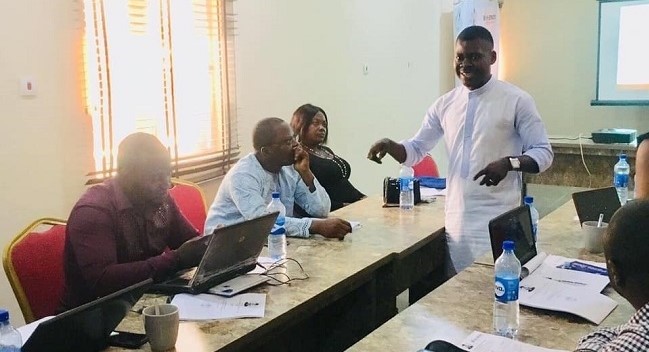A non-governmental organisation, Women Environmental Programme (WEP), has called for the inclusion of women in the planning and implementation of climate change related actions.

Mr John Baaki, Programme Coordinator of WEP, made the call in Abakaliki, Ebonyi State, on Saturday, November 23, 2019 at a capacity building workshop for women, gender-based organisations and stakeholders in the environment sector.
He said that many people in Nigeria, especially women, continued to suffer negative effects of the environment, ranging from water scarcity, pollution, unhealthy energy sources, lack of arable lands and climate that affected agricultural production.
He said that the workshop was designed to equip women with the capacity and knowledge to effectively engage relevant authorities to enhance the environmental rights of women.
He said that WEP, with funding from “BothEnds”, designed a programme titled “Call to Action on Gender Mainstreaming in Climate Change Actions in Nigeria”, which is aimed at equipping women with knowledge of environmental rights.
He said: “This project aims to promote inclusion of the concerns of women in climate change actions across different sectors in the country and involve them in the planning and implementation of climate change related actions.
“This the project will do by building the capacity of women and gender organisations at the grassroots level from the different geo-political zones of Nigeria on advocacy around climate change and environmental justice.
“This we hope to achieve through workshops, mentoring and guidance to assist them initiate actions that promote gender mainstreaming in climate change and environmental actions.
“The project is being implemented across the six geopolitical zones of the country including South-East, South-South South-West, North-East, North-West and North-Central.
“The project was put in place because we saw different challenges that different groups go through in Nigeria as it relates to environmental issues in areas of desertification, erosion, soil pollution, flood, inadequate rainfall which affects different groups differently.
“The aim is that at the end women would have had their capacities strengthened and different organisations would have had their capacities strengthened so that they can engage their local authorities effectively to address environmental challenges.”
By Douglas Okoro
